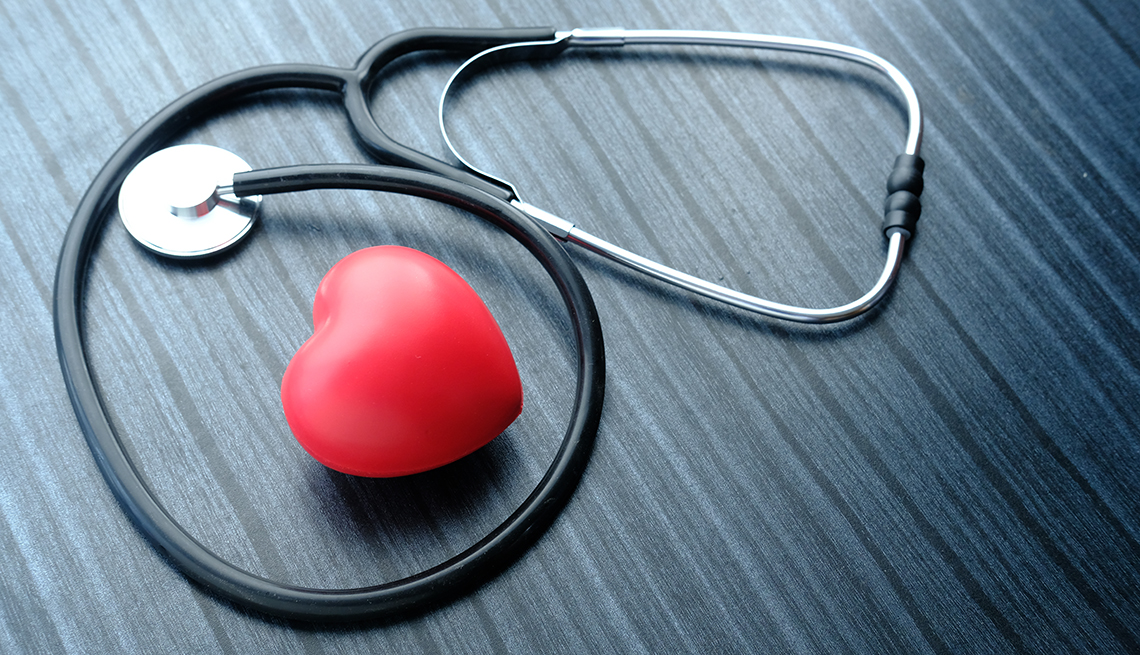AARP Hearing Center
A record 48 percent of U.S. adults — 121.5 million people — have some form of cardiovascular ailment, which includes coronary heart disease, heart failure, stroke, and high blood pressure, according to a new report from the American Heart Association (AHA).
Cardiologist Ivor Benjamin, AHA volunteer president and director of the Cardiovascular Center at the Medical College of Wisconsin in Milwaukee, attributed the increase to a new definition of high blood pressure, which says a reading of 130/80 indicates hypertension, compared with the previous benchmark of 140/90. The new report, based on 2016 data, is published in the AHA journal Circulation. Without taking high blood pressure into account, the prevalence of cardiovascular disease among U.S. adults was 9 percent overall, or about 24 million people, the study says.
In addition, the AHA reports that the number of deaths annually from cardiovascular disease has increased to 840,678 after decades of decline. Those deaths accounted for approximately 1 in every 3 deaths in the U.S. in 2016. Benjamin hopes that the AHA’s latest findings “put in sharper focus” the sort of measures that providers and patients can take to improve health. They include treatments for underlying conditions like high cholesterol, high blood pressure and diabetes, but Benjamin says they’re not the whole story. Lifestyle changes are also hugely important.
Sleep, for example, is highlighted for the first time in this year’s report as a key factor in heart and overall health. Among other things, getting enough sleep helps maintain healthy blood pressure, but a person’s quality of rest can naturally decline with age or due to conditions like chronic obstructive pulmonary disease — or COPD. So, Benjamin says, practicing good sleep hygiene is essential.
Another lifestyle change worth making is to exercise. The AHA recommends at least 150 minutes a week of moderate-intensity aerobic exercise, like brisk walking or gardening, and Benjamin prescribes at least 30 minutes a day of physical activity to his own patients of all ages.



































































